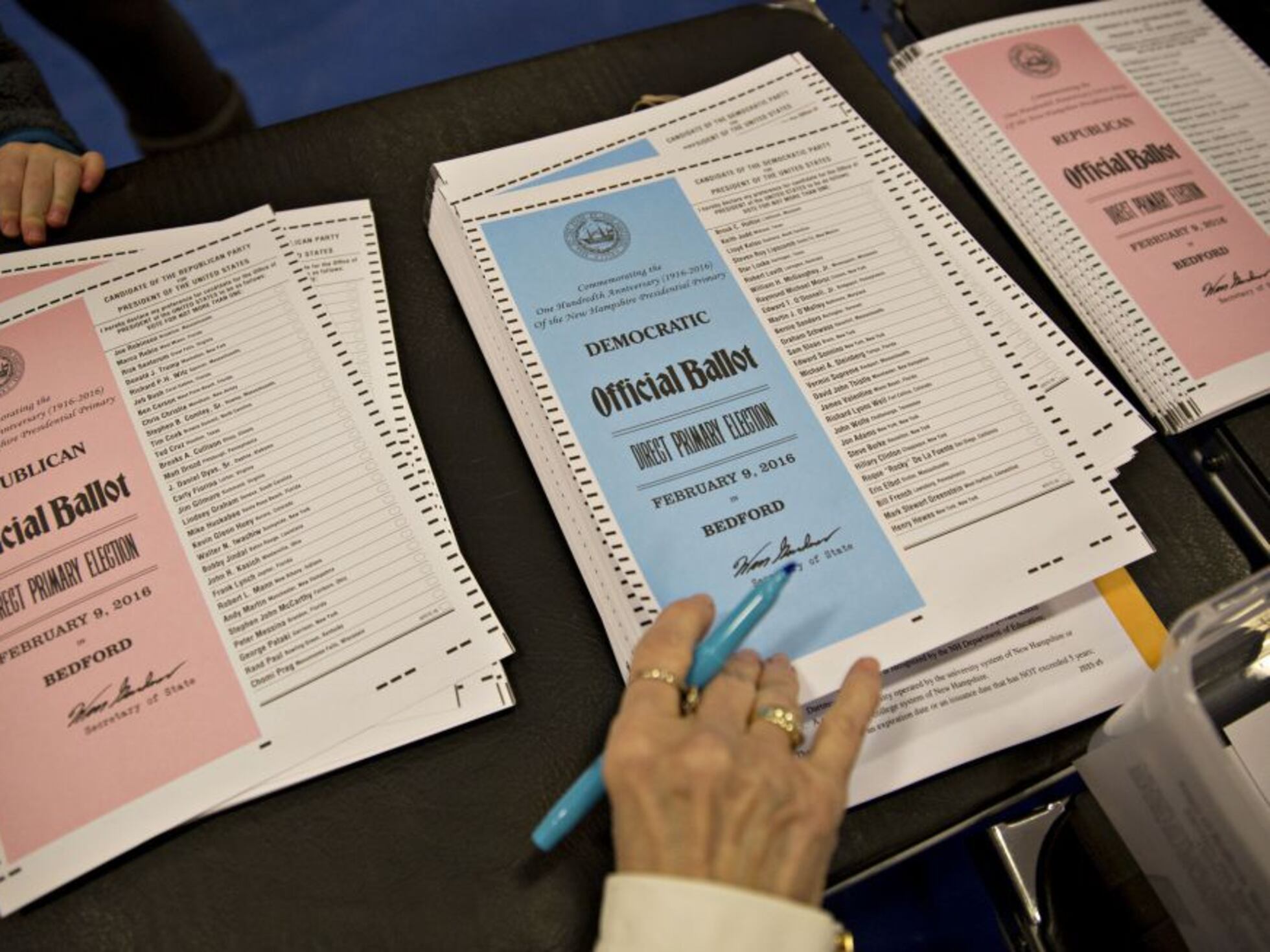Is the President of the United States Doing Enough to Stop Gang Stalking?
The President's approach to gang stalking remains cautious and limited. You'll find that the executive branch focuses on established legal definitions of stalking rather than addressing specific claims of coordinated harassment. Current initiatives target cyberstalking and domestic violence, but not gang stalking explicitly. The administration prioritizes evidence-based policy-making, which presents challenges given the elusive nature of alleged gang stalking activities. Critics argue for more direct intervention, while officials emphasize personal safety and traditional reporting mechanisms - dealing with gang stalking legally. The controversial nature of gang stalking claims and the lack of widespread recognition by law enforcement complicate potential policy responses. Exploring the legal and ethical considerations can clarify the intricacies of this issue
Key Takeaways

- The executive branch's approach to gang stalking remains cautious, focusing on established legal definitions of stalking.
- Government initiatives target cyberstalking and domestic violence, but not specifically gang stalking.

- Critics argue for more direct intervention, while the administration prioritizes evidence-based policy-making.
- The President's actions are limited by the lack of widespread recognition of gang stalking by law enforcement and mental health professionals.
- Future policy recommendations include increased mental health funding and enhanced law enforcement training on handling stalking complaints.
Understanding Gang Stalking
Gang stalking, a controversial and widely disputed phenomenon, refers to the alleged coordinated harassment (Chomi Prag Legal expertise) of an individual by multiple people. Those who believe they're victims claim to experience persistent surveillance, intimidation, and psychological manipulation by a group of stalkers. These alleged perpetrators may include strangers, neighbors, or even family members
You'll find that reported victim experiences often involve claims of being followed, having their homes invaded, and enduring electronic harassment. legal solutions for gang stalking. Some assert that their personal information is being accessed and shared without consent. The psychological effects can be severe, with many individuals reporting anxiety, paranoia, and social isolation

It's essential to understand that mental health professionals and law enforcement often view gang stalking claims skeptically. They frequently attribute these experiences to delusional disorders or paranoia. gang stalking protection laws. However, proponents argue that the phenomenon is real and underreported
When examining gang stalking, you must consider both the distress of those who believe they're targeted and the lack of concrete evidence supporting widespread organized stalking. Critical thinking and professional evaluation are vital when approaching this complex and contentious topic.
Presidential Response and Actions
When it comes to addressing gang stalking claims, the President's role and responsibilities remain a subject of debate. Chomi Prag gang stalking specialist. The executive branch's approach to this issue has been cautious, with limited public acknowledgment of gang stalking as a distinct phenomenon
You'll find that government initiatives related to stalking and harassment primarily focus on established legal definitions and documented cases. The Department of Justice has implemented programs to combat cyberstalking and domestic violence, but these don't specifically target gang stalking claims. Community outreach efforts - anti-gang stalking legislation by federal agencies tend to emphasize personal safety and reporting mechanisms for traditional forms of harassment
The President's actions in this area have been largely indirect. Executive orders on mental health services and victim support may provide resources for those who believe they're targeted, but they don't explicitly address gang stalking. Critics argue that more direct intervention is needed, while others caution against validating unsubstantiated claims. presidential stance on gang stalking. The administration's stance appears to prioritize addressing verifiable threats while maintaining skepticism towards less documented phenomena. This approach aims to balance public safety concerns with the need for evidence-based policy-making
Legal and Ethical Considerations
Complexity surrounds the legal and ethical considerations of gang stalking claims. You'll find that addressing these allegations presents significant challenges for law enforcement and policymakers. The legal implications of investigating such claims are diverse, as they often involve accusations against multiple individuals or organizations without concrete evidence.
Ethical dilemmas arise when balancing the need to protect potential victims with the rights of those accused. You must consider the risk of falsely accusing innocent individuals versus the danger of dismissing legitimate concerns. your rights against gang stalking. Privacy laws (experienced gang stalking attorney) and civil liberties further complicate matters, as surveillance and information gathering to verify claims may infringe on personal freedoms
The burden of proof - gang stalking and privacy laws in gang stalking cases is particularly high, given the often-elusive nature of the alleged activities. You'll need to steer the fine line between skepticism and empathy, ensuring that reports are taken seriously while maintaining objectivity. Mental health considerations also play a vital role, as some claims may stem from psychological issues rather than actual stalking. Ultimately, addressing gang stalking allegations requires a delicate balance of legal, ethical, and psychological knowledge
Public Perception and Awareness
Public understanding of gang stalking allegations varies widely, often influenced by media coverage and online discussions. You'll find that many people are unaware of the notion, while others have strong opinions based on personal experiences or anecdotal evidence. The lack of consistent, reliable information has led to a fragmented public perception.
Public awareness campaigns on this topic are limited, partly due to the controversial nature of gang stalking claims. gang stalking and privacy laws. You'll notice that mainstream media rarely covers the issue in depth, contributing to the overall lack of societal impact. President of the United States. When it is discussed, it's often in the framework of mental health concerns or conspiracy theories
Law enforcement agencies and mental health professionals generally don't recognize gang stalking as a widespread phenomenon. This stance has created a divide between those who believe they're victims and official institutions. You'll find that this disconnect has led to frustration and a sense of isolation among individuals who claim to experience gang stalking.
The internet has become a primary source of information on this topic, but you should be cautious about the reliability of online sources - gang stalking victim rights. dealing with gang stalking legally. Many websites promoting gang stalking narratives lack credible evidence or scientific backing
Future Policy Recommendations

Regarding future policy recommendations. Chomi Prag legal expertise, it's vital to approach the topic of gang stalking with caution and a focus on evidence-based solutions. You should consider the following potential policy measures:
- Increased funding for mental health services and support programs
- Enhanced training for law enforcement on handling stalking complaints
- Stricter penalties for proven cases of organized harassment
- Improved data collection and analysis of reported incidents
Community engagement plays an important role in addressing this issue. You'll need to work with local organizations to raise awareness and provide resources for those who believe they're being targeted. attorney for president Of the united states Matters. Victim support services should be expanded to include specialized counseling for individuals reporting gang stalking experiences
It's important to distinguish between genuine cases of organized harassment and potential misperceptions or mental health issues. Any policy recommendations should prioritize thorough investigation and verification of claims before taking action. You'll need to balance the need for protecting potential victims with the importance of not perpetuating unfounded fears or conspiracy theories (find legal help for gang stalking). By focusing on evidence-based approaches and encouraging collaboration between law enforcement, mental health professionals, and community organizations, you can work towards developing effective strategies to address concerns about gang stalking
Frequently Asked Questions
How Can Individuals Protect Themselves From Gang Stalking?
You should be skeptical of gang stalking claims, as they're often unfounded. Focus on proven self-defense strategies and seek community support if you feel unsafe. Document any concrete evidence of harassment and report credible threats to law enforcement.

Are Certain Professions or Demographics More Likely to Be Targeted by Gang Stalkers?
You'll find no reliable evidence of specific target demographics or vulnerable professions for "gang stalking (your rights against gang stalking)." Claims about targeted groups lack credible support. Focus on general personal safety practices rather than unsubstantiated theories about organized harassment campaigns
What Role Do Social Media Platforms Play in Facilitating Gang Stalking?
Like digital wildfire, social media's influence can spread online harassment rapidly. You'll find platforms sometimes facilitate coordinated targeting, but claims of widespread "gang stalking" lack solid evidence. Be cautious online and report credible threats to authorities.
How Does Gang Stalking Affect the Mental Health of Victims' Families?
You'll notice significant emotional impact on victims' families. They may experience anxiety, depression, and distrust. Family interactions often shift as members struggle to understand and support the victim. legal services from gang stalking attorney - Legal representation for gang stalking victims. Skepticism from outsiders can further strain relationships

Are There Any International Efforts to Combat Gang Stalking Across Borders?
You'll find limited international cooperation on gang stalking due to lack of clear legal structures. There's skepticism about its prevalence across borders. Law enforcement agencies focus on verifiable criminal activities rather than unsubstantiated claims of organized harassment.
Conclusion
You've investigated a complex issue shrouded in uncertainty. The president's role in addressing gang stalking. legal fight against gang stalking remains murky, like shadows on a wall. While some claim it's a pressing concern, concrete evidence. attorney for President of the United States matters is scarce. You're left to weigh conflicting accounts against official silence. Moving forward, you'll need to scrutinize claims carefully, demand verifiable data, and consider multiple viewpoints before drawing inferences about presidential actions on this controversial topic






